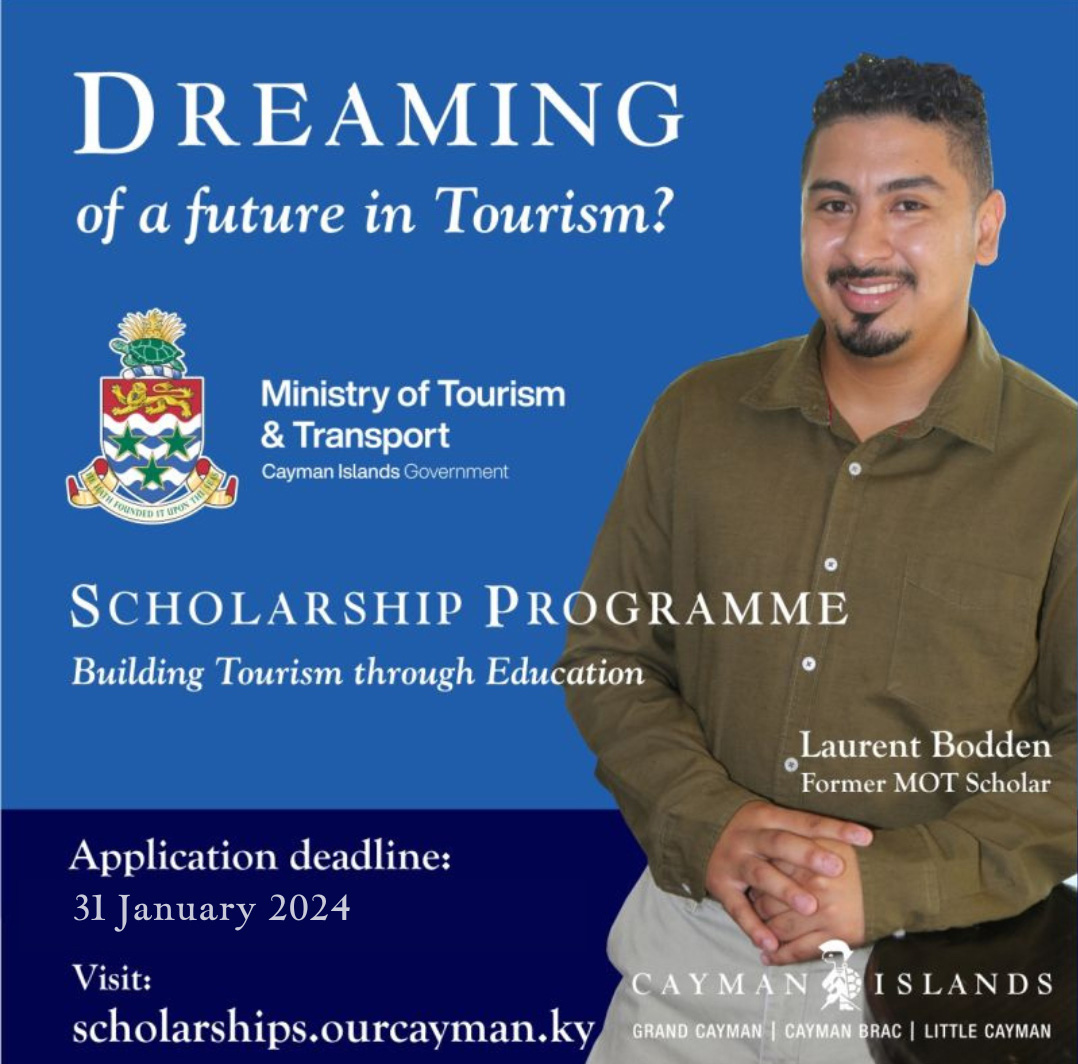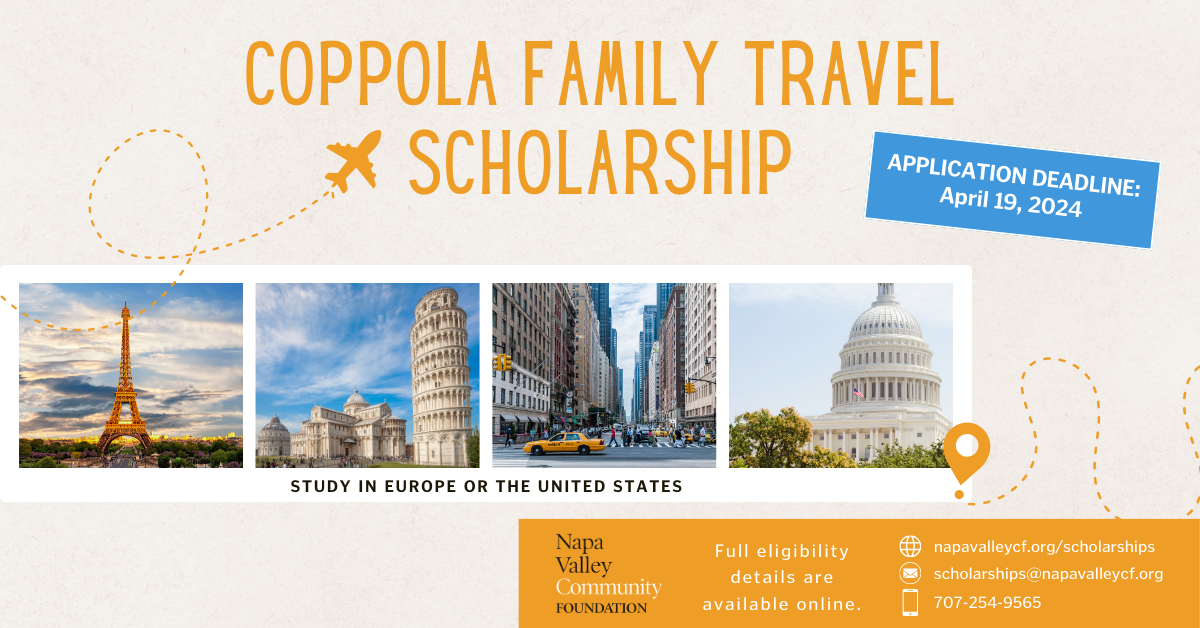
My Journey to See the World: How Tourism Scholarships Opened Doors to Dream Careers
I remember staring out my window, a well-worn atlas open on my desk, tracing lines with my finger across continents I’d only ever seen in pictures. The idea of traveling, of experiencing different cultures, of understanding the intricate dance between people and places – it wasn’t just a dream; it felt like a calling. I envisioned myself working in bustling hotels in exotic cities, helping develop sustainable tourism projects in remote villages, or perhaps even curating unforgettable travel experiences for others. But there was a colossal mountain between me and that dream: money. Tuition fees, living expenses, the cost of books – it all seemed insurmountable. For a long time, the weight of those numbers threatened to crush my wanderlust before it even had a chance to truly take flight.
I was a student with a burning passion but a lean wallet. Every time I looked at university prospectuses for tourism or hospitality management programs, my heart would soar with excitement, only to plummet when I reached the fees section. It felt like I was perpetually stuck on the wrong side of a velvet rope, gazing at a world I desperately wanted to be a part of but couldn’t afford to enter. My family was supportive, but financial help was limited. It was a disheartening reality that many bright, eager students face.
Then, one rainy afternoon, while scrolling through countless university websites, feeling more deflated than inspired, I stumbled upon a tiny link buried in a footer: "Scholarships and Financial Aid." Curiosity, more than hope, made me click. And that, my friends, was the moment everything began to shift. It was like finding a hidden path through the dense forest I thought had no way out. The word "scholarship" had always sounded grand, something reserved for academic prodigies or athletic stars. But as I delved deeper, I discovered a whole universe of opportunities I never knew existed, specifically for people like me – people passionate about travel, hospitality, and the broader tourism industry.
What exactly are these magical tourism scholarships? Well, they’re essentially financial awards given to students who want to pursue education in fields related to tourism, hospitality, travel, event management, culinary arts, and even sustainable development in a travel context. They come from various sources: universities themselves, industry associations, private foundations, government programs, and even individual benefactors. They aren’t just for straight-A students, though academic excellence certainly helps. Many scholarships consider your passion, your unique experiences, your commitment to the industry, and even your financial need. Some are small, covering just books; others are incredibly generous, covering full tuition, living expenses, and sometimes even a stipend for personal costs.
The more I researched, the more I realized that these weren’t just handouts. They were investments. Organizations, companies, and individuals believe in the future of the travel and tourism sector. They want to cultivate new talent, foster innovation, and ensure the industry continues to thrive responsibly. By funding students, they’re essentially nurturing the next generation of leaders, managers, and visionaries who will shape how we experience the world. This understanding transformed my perspective. It wasn’t about begging for money; it was about proving I was a worthwhile investment.
My journey to secure a tourism scholarship wasn’t a straight line; it was a winding road with its fair share of bumps and detours. The first step was overwhelming: where to even begin looking? I started with the universities I was interested in. Most have a dedicated financial aid or scholarships page. It’s tedious work, combing through lists, checking eligibility criteria, and noting deadlines. But it’s absolutely crucial. Don’t just look at the big, obvious scholarships. Sometimes the smaller, more niche ones have fewer applicants and a higher chance of success.
Beyond university websites, I branched out. Industry associations became my next hunting ground. Think about the big players in tourism: hotel associations, cruise line associations, travel agent groups, culinary federations, and even local tourism boards. Many of these organizations offer scholarships to students pursuing careers in their specific areas. For instance, if you dream of managing a luxury hotel, look into scholarships offered by major hotel chains or hospitality associations. If sustainable tourism is your calling, search for environmental or conservation organizations that might have programs related to eco-tourism. A simple Google search with terms like "hospitality management scholarships," "sustainable tourism scholarships," "travel industry grants," or "event planning scholarships" can yield surprisingly fruitful results. Don’t forget international organizations if you’re looking to study abroad.
Then came the actual application process, which felt like climbing a mountain with a backpack full of rocks. Each application demanded attention to detail. The essay or personal statement was often the most challenging, yet most important, part. This wasn’t just about listing achievements; it was about telling my story. I learned that they wanted to hear my voice, my genuine passion. I wrote about that atlas on my desk, about the thrill of planning imaginary trips, about a volunteer experience I had helping tourists navigate my hometown. I focused on why I wanted to work in tourism, what I hoped to achieve, and how their scholarship would help me get there. I tried to paint a picture of my future contributions to the industry, demonstrating not just my dreams, but my practical understanding and commitment. It wasn’t about being perfect, but about being authentic and showing my unique perspective.
Recommendation letters were another critical piece. I approached teachers and mentors who knew me well, people who could speak to my character, my work ethic, and my specific interest in tourism. I made sure to give them plenty of time and even provided them with a brief summary of my achievements and the scholarship I was applying for, to make their job easier. It’s not about them writing a generic letter; it’s about them highlighting aspects of your personality and capabilities that align with the scholarship’s values.
And then there were the interviews for some of the more competitive scholarships. These were nerve-wracking, but also opportunities to let my personality shine. I practiced answering common questions, thought about how to articulate my goals, and prepared questions to ask them in return. It showed I was engaged, thoughtful, and genuinely interested in the opportunity. My biggest takeaway from the interview process was to be myself, to be confident in my passion, and to show that I had done my homework about the organization offering the scholarship.
One particular scholarship that truly changed my trajectory was from an international hospitality foundation. They were looking for students who demonstrated leadership potential and a clear vision for the future of the global hospitality industry. My application essay detailed my idea for a community-based tourism initiative that would empower local artisans while attracting conscious travelers. I talked about how my desire to connect people through shared experiences drove my academic and career ambitions. I poured my heart into it, and after a rigorous interview process, I received the acceptance letter. The sheer joy, the relief, the overwhelming sense of validation – it was unlike anything I had ever felt. This wasn’t just money; it was an affirmation that my dreams were valid and achievable.
The scholarship covered my tuition for a Bachelor’s degree in International Hospitality Management and even provided a small stipend for living expenses. It wasn’t just a financial lifeline; it was an open door to a world I thought was beyond my reach. Suddenly, I was sitting in classrooms with students from all corners of the globe, learning from professors who had decades of experience running hotels, developing tourism policies, and managing major events. I learned about revenue management, sustainable practices, cross-cultural communication, and the intricate psychology behind creating memorable guest experiences.
My scholarship also connected me with a network of industry professionals. Through the foundation that awarded me the scholarship, I gained access to exclusive events, mentorship programs, and internship opportunities that I would never have found on my own. I interned at a boutique hotel in Southeast Asia, learning firsthand about operational challenges and the art of personalized service. I participated in a project designing eco-lodges in Latin America, working with local communities to ensure the benefits flowed directly to them. These weren’t just academic exercises; they were real-world applications of everything I was learning, giving me invaluable practical experience and shaping my understanding of the industry’s complexities and immense potential.
For those of you feeling that familiar tug of wanderlust and the desire to build a career in tourism, but are daunted by the financial aspect, please know this: tourism scholarships are real, they are abundant, and they are within your reach. Here are a few things I learned along my journey that I wish someone had told me earlier:
- Start Early: Scholarship deadlines often precede university application deadlines. Begin your search months, even a year, in advance. This gives you ample time to research, gather documents, refine your essays, and secure recommendation letters without feeling rushed.
- Be Organized: Create a spreadsheet or a dedicated notebook. List every scholarship you find, its eligibility criteria, required documents, essay prompts, and deadlines. Tick them off as you complete them. This keeps you sane and ensures you don’t miss anything.
- Tailor Each Application: Do not, under any circumstances, send a generic essay. Each scholarship provider has a mission and specific values. Research them, understand what they’re looking for, and tailor your essay and application to align with their goals. Show them why you are the perfect fit for their scholarship.
- Show, Don’t Just Tell Your Passion: Instead of saying "I am passionate about tourism," describe an experience that illustrates your passion. Did you volunteer at a local festival? Did you spend hours researching sustainable travel options for a family vacation? Did you write a blog about hidden gems in your city? These anecdotes make your application memorable.
- Highlight Unique Experiences: What makes you stand out? Maybe you speak multiple languages, have experience in customer service, or have a unique perspective on cultural exchange. Don’t be shy about showcasing these aspects. The tourism industry thrives on diversity and unique perspectives.
- Proofread, Proofread, Proofread: A well-written, error-free application reflects professionalism and attention to detail. Ask a friend, teacher, or family member to read through your essays and application forms. A fresh pair of eyes can catch mistakes you’ve overlooked.
- Don’t Be Afraid of Rejection: I received more "no" letters than "yes" letters. It’s part of the process. Each rejection wasn’t a failure, but a learning opportunity. It helped me refine my approach, improve my essays, and strengthen my resolve. Keep applying; persistence is key.
- Network, Even Before You Start: Connect with people already in the tourism industry. Attend virtual career fairs, join online forums, or even reach out to professionals on LinkedIn. You might discover scholarships or opportunities you wouldn’t have found otherwise. Plus, building these connections early can be invaluable for your future career.
My tourism scholarship didn’t just pay for my education; it transformed my entire life. It gave me confidence, broadened my horizons, and connected me with a global community of like-minded individuals. It allowed me to pursue my dreams without the crushing burden of debt, freeing me to focus entirely on my studies and experiences. I learned that the world of tourism is vast and constantly evolving, demanding creativity, adaptability, and a deep understanding of human connection.
Today, I look back at that earnest student tracing lines on an atlas, and I smile. The journey wasn’t easy, but it was incredibly rewarding. If you have that same spark, that yearning to explore, to connect, and to contribute to the wonderful world of travel, don’t let financial barriers hold you back. The resources are out there. With dedication, research, and a genuine expression of your passion, you too can unlock the doors to a world of adventure and a fulfilling career through tourism scholarships. Your passport to a global career might just be a compelling essay away. Go on, start exploring. The world is waiting for you.


